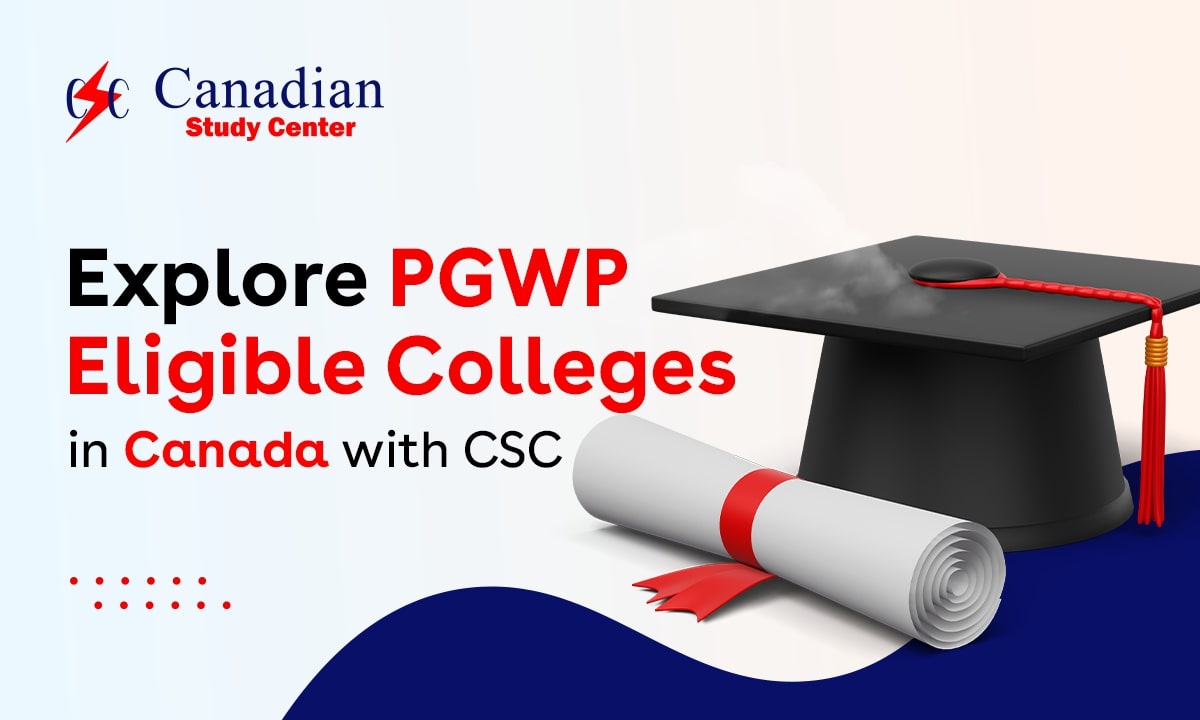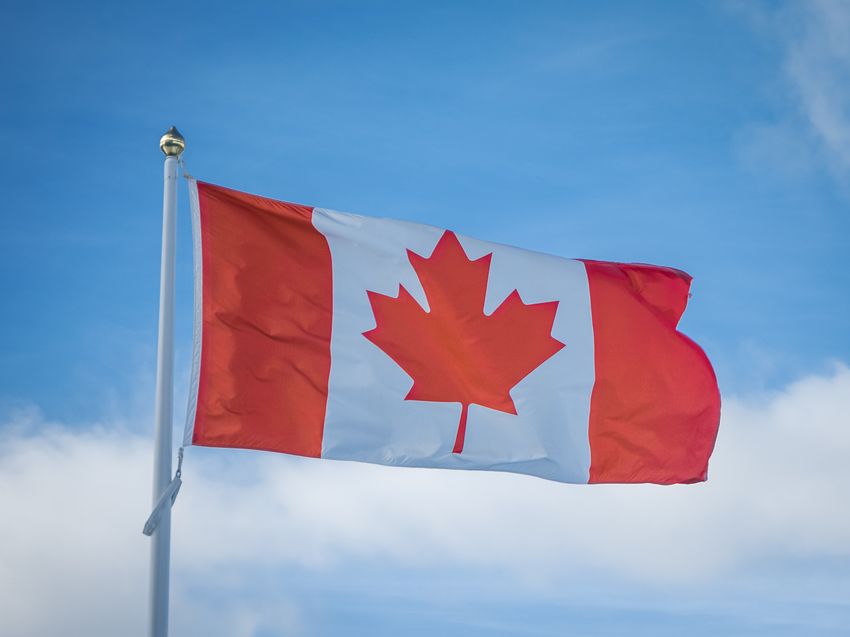Are you curious about the Post-Graduation Work Permit (PGWP) eligible colleges in Canada? If so, you’ve come to the right place.
The PGWP is an incredible opportunity for international students who have completed their chosen program. It allows them to gain valuable experience in Canada’s working culture, enhancing their skills and serving as a pathway to permanent residency.
This blog is dedicated to providing all the important details you need to know about the PGWP and PGWP eligible Colleges in Canada. Whether you’re wondering what PGWP is or seeking information to help you find out the process, this blog aims to assist students like you in understanding and maximizing this opportunity.
PGWP Understanding: What is a Post-Graduation Work Permit?
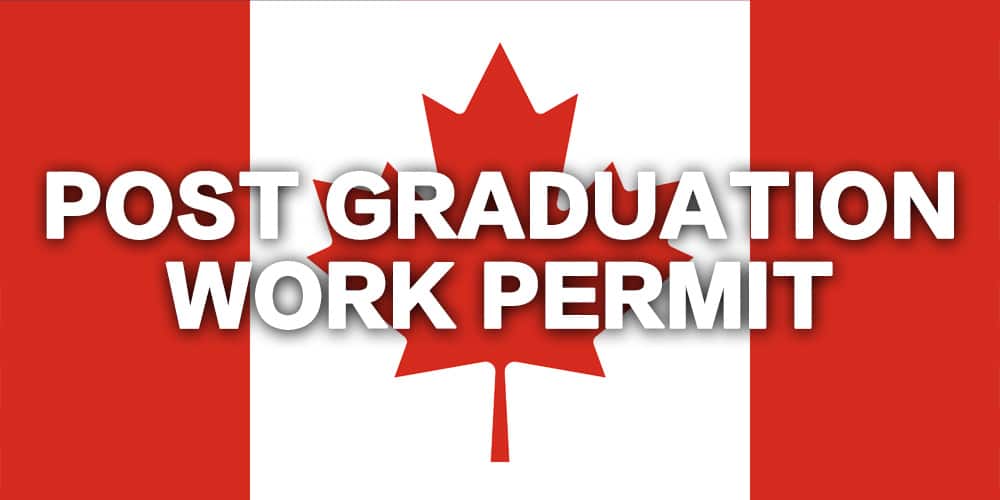
Post-Graduation Work Permit (PGWP) is an open work permit offered to international graduates from eligible DLI-registered institutions in Canada. This allows graduates to work for any employer in Canada till its validity, typically equal to the duration of their study program. In addition, students can apply for an open work permit after 180 days of graduation.
The length of your Post-Graduation Work Permit (PGWP) is determined by the duration of your study period. A student must study for at least 8 months at a DLI-registered eligible institution to be eligible for a Post Graduation Work Permit (PGWP).
The PGWP offered by the Canadian government aims to attract skilled and educated international talent to Canada. By working and gaining experience during the PGWP term, graduates increase their chances of successfully applying for permanent residency (PR) in Canada, following provincial regulations. This has led to a noticeable increase in the number of international students, including those from Nepal, choosing to study in Canada in recent years.
PGWP Benefits: Why It Matters for International Students
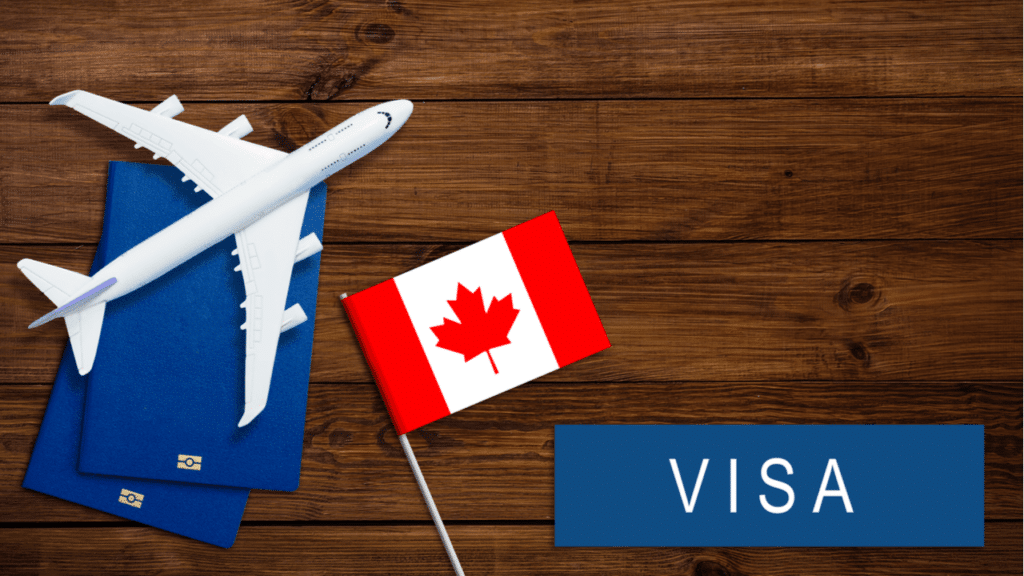
There are plenty of benefits of PGWP for International Students. Here are some of the benefits:
1. Work experience in the specific field:
Post Graduation Work Permit (PGWP) helps students to gain working experience in their particular field of study. This experience will definitely help you to gain valuable knowledge, and skills in your field. This will definitely help you reach your career path and succeed.
2. Pathway to permanent residency
Post Graduation Work Permit (PGWP) serves as a pathway to permanent residency in Canada. Due to this reason, this permit has played a vital role in the life of international students.
3. Post-Graduation Opportunities
Post-Graduation Work Permit (PGWP) gives an incredible opportunity to work, earn, and gain international experience along with exposure in the chosen field.
4. Enhanced Skills and Networks
Students can develop their professional networks, improve their skills, and learn more about Canadian work culture by working in Canada under the PGWP.
Post Graduation Work Permits (PGWP) Eligible Colleges in Canada
There are numerous colleges in Canada offering Post Graduation Work Permits (PGWP). Generally, eligible Designated Learning Institutions (DLI)-registered institutions in Canada offer Post Graduation Work Permit to International students.

A student can choose from a variety of PGWP-eligible colleges based on the province or location where they choose to study. To study at one of these colleges in Canada, an international student must hold a Canada study visa or student visa.
Here is a list of PGWP eligible Colleges in Canada:
- Mohawk College
- Fanshawe College
- Georgian College
- Saskatchewan Polytechnic College
- Olds College
- Seneca Polytechnic
- Lambton College
- Red River College
- Lethbridge College
- Algonquin College
1. Mohawk College
Mohawk College is a PGWP-eligible public college located in Hamilton, Ontario offering a range of programs for international students, including Nepalese students. It is the seventh top research public institution in Canada.
The college works with industries to provide students with hands-on learning experiences and numerous job placement opportunities. Mohawk College emphasizes applied research and encourages an open and supportive student experience, with the goal of providing a well-rounded and enriching educational environment for its diverse student group.
2. Fanshawe College
One of Canada’s top PGWP eligible public colleges, Fanshawe College, has over 220 programs available to international students, including those from Nepal. To prepare students for success in the workplace, the institution is dedicated to offering practical, industry-relevant learning experiences. Fanshawe College guarantees that students have access to creative and practical programs that match with their career goals by focusing on developing partnerships with industry leaders.
Students from over 100 countries live, study, and work in a multicultural atmosphere in London, Ontario, Canada, thanks to the college’s great student experience and flexible curriculum options.
3. Georgian College
Georgian College is a DLI-listed PGWP-eligible public college located in Barrie, Ontario. Georgian College, provides career-focused programs in many different fields of study. In addition to practical learning opportunities and real-world work experiences, the college offers programs specifically designed with a practical learning approach. This college makes sure that students acquire knowledge and skills according to the changing market demand. It does this by providing students with a cutting-edge curriculum and excellent job placements.
Small class numbers, hands-on learning, and a nurturing environment are all important components of Georgian College’s student experience, which is designed to assist graduates become ready for the workforce and acquiring marketable skills.
4. Saskatchewan Polytechnic College
Saskatchewan Polytechnic is Canada’s leading PGWP-eligible public institution offering more than 65 student programs in a variety of fields, including agriculture, architectural technology, artificial intelligence, and automotive programs.
The university offers practical learning opportunities and apprenticeships in a variety of business fields to develop practical skills for students. Saskatchewan Polytechnic works with industry partners to provide work-integrated learning experiences.
The wide range of programs offered by this college are designed to prepare students for rewarding careers in business, information technology, health, and other fields. Additionally, this institution supports a holistic student experience in Saskatchewan, Canada, and is committed to helping international students adjust and creating a conducive learning environment.
5. Olds College
Olds College of Agriculture and Technology is a PGWP eligible top-ranked public college located in Alberta and is known for its partnerships with industry. These partnerships include financial, academic, and experiential collaborations that provide students with hands-on learning opportunities.
The college’s dedicated programs for students provide a learning experience tailored to individual needs. In addition, Olds College offers hands-on learning experiences in its agricultural technology program, equipping students with the skills needed to transform the agricultural industry.
The college values a unique student experience by creating a forward-thinking learning environment that connects students with real-world opportunities and enhances their educational journey.
6. Seneca Polytechnic
Seneca Polytechnic is a renowned PGWP eligible public education institution in Canada. It is known for its diverse learning environment, excellent student services, and offering a wide range of programs tailored to international students including Nepalese students.
This college has established over 75 transfer partnerships around the world, intending to enable students to seamlessly transition into academic careers. Seneca Polytechnic integrates hands-on learning opportunities, integrates real-world projects into dedicated laboratories, and fosters industry-relevant skills.
Additionally, the College values the holistic student experience, values partnerships with industry leaders, and provides an educational environment that provides a comprehensive, hands-on approach that goes beyond traditional learning.
7. Lambton College
Lambton College is a PGWP-eligible public college based in Sarnia, Canada which offers a variety of programs tailored to students, including Nepali students.
The college provides a hands-on learning experience through comprehensive lecture and laboratory components, ensuring the development of practical skills. Through partnerships with a variety of industries, students receive valuable practical training that prepares them for career success.
The College’s commitment to a hands-on approach to learning fosters a supportive and enriching student experience and provides students with the communication skills and confidence essential for professional development.
8. Red River College (RRC Polytech)
Red River College, is a renowned public institution that is PGWP-eligible in Canada that offers students full-time programs and professional education services.
The college actively collaborates with industry to provide valuable practical learning experiences and practical knowledge, ensuring that students are well-prepared for the world of work.
The college’s unique educational model also integrates work-integrated learning, providing relevant professional experience and industry-focused opportunities. This comprehensive approach aims to provide students with a supportive and enriching experience, ultimately preparing them for successful careers.
9. Lethbridge College
Lethbridge College is a PGWP-eligible, Canada’s highly regarded public education institution, offering a variety of professional education certificates, diplomas, degrees, and apprenticeship programs.
This college offers special programs for students, including Nepali students, to meet their individual educational needs. Lethbridge College also values partnerships with industry, providing students with hands-on learning experiences and practical knowledge related to their field of study.
The college strives to provide students with a rich experience and provide them with the knowledge and practical experience to help them excel in their educational courses and future careers.
10. Algonquin College
Algonquin College is a PGWP-eligible public institution in Canada, offering a wide range of programs and enrolling over 20,000 full-time students.
The college offers customized programs for international students including Nepalese students and has strong partnerships with industry to provide hands-on learning experiences and industry-relevant skills.
The Algonquin College student experience is characterized by a focus on experiential and digitally connected learning, providing students with hands-on experience and preparation for leadership roles.
Additionally, Algonquin’s homestay program is managed in collaboration with the Canadian Homestay Network, contributing to a diverse and inclusive international student experience.
What are the PGWP Eligibility Criteria in Canada?

To get a Post-Graduate Work Permit (PGWP) in Canada, you need to be at least 18 years old and have completed a full-time study program in Canada for at least 8 months at an eligible designated learning institute. You also need to apply for a work permit within 180 days of finishing your studies.
If you’re applying from within Canada, you must have legal status when you apply. If your study permit has expired or will expire, you can apply to stay as a visitor before applying for the PGWP. But if you apply for the PGWP before your study permit expires, you can start working full-time while your application is being processed. You can also apply for the PGWP from outside Canada.
You should keep the above-mentioned criteria in mind to be eligible for a post-graduate work Permit in Canada.
What are the Documents Required for PGWP Application?
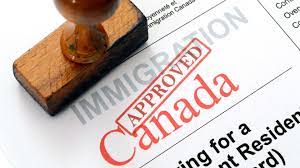
Here is the list of documents required for the PGWP application according to the IRCC website
- Submit a degree or a diploma
- Submit an official letter from your school of study
- Submit an official transcript or a copy of your transcript from your website
They may request other documents once they receive your application.
The criteria to apply for a PGWP totally depends on from where you’re applying from. In most cases, you must apply online.
Tips for International Students: Making the Most of PGWP Eligible Colleges

Here are some tips from the side of Canadian Study Center to help international students make most out of PGWP experience in Canada.
1. Choose the Eligible DLI registered College
Students should choose an eligible DLI registered educational institute to be eligible to claim Post Graduation Work Permit in Canada after the completion of your study period.
2. Select the right program for you
It is very crucial to select a program that aligns with your educational background and career goals. This can improve your chances of finding work after graduation.
3. Networking
Networking can benefit you in every way you can think of, no matter where you are in the world. Make an effort to network with your classmates, faculty members, and experts in the similar field. This will allow you to improve your learning possibilities and future opportunities.
4. Understanding of PGWP application process
Understanding the PGWP application process and eligible criteria is essential for the internationa students. Understanding this will help students to gain post graduation work opportunity and understand the canadian working culture.
5. Stay Informed About Immigration Policies
You should stay updated on recent immigration policies and any changes that may affect your eligibility for the PGWP or other immigration programs.
Conclusion
Post Graduation Work Permit (PGWP) gives an incredible opportunity for an individual to learn about Canada’s workplace culture, which improves their abilities and paves the door for permanent residency.
Through employment and experience during the PGWP term, graduates can improve their prospects of being granted permanent residency (PR) in Canada by adhering to the laws.
There are numbers of PGWP eligible DLI registered educational institutions to choose from which will add value to your career in a long term. With the help of Canadian Study Center you can fulfill your dream of studying in Canada from Nepal.
FAQ’s on Study at PGWP Eligible Colleges in Canada ( IRCC Update 2024)
According to the recent update of IRCC, starting from February 15, 2024, those who complete a master’s degree program in fewer than two years and meet all other PGWP eligibility criterias will be eligible for a three-year post-graduation work permit.
To qualify for a Post-Graduate Work Permit (PGWP) in Canada, you must be at least 18 years old and have finished a full-time study program in Canada for at least 8 months at an authorized designated learning institution. In addition, you must apply for a work permit within 180 days of finishing your education.
Here is a list of some of the PGWP eligible Colleges in Canada:
1. Mohawk College
2. Fanshawe College
3. Georgian College
4. Saskatchewan Polytechnic College
5. Olds College
6. Seneca Polytechnic
7. Lambton College
8. Red River College
9. Lethbridge College
10. Algonquin College
The duration of PGWP (Post-Graduation Work Permit) in Canada is generally equivalent to the duration of your course of study except for the Master’s degree programs for which students can get 3 years of PGWP despite of the program duration.
During the PGWP (Post-Graduation Work Permit) in Canada, students can gain Canadian work experience and even apply for PR ( Permanent Residency) with the help of it.

